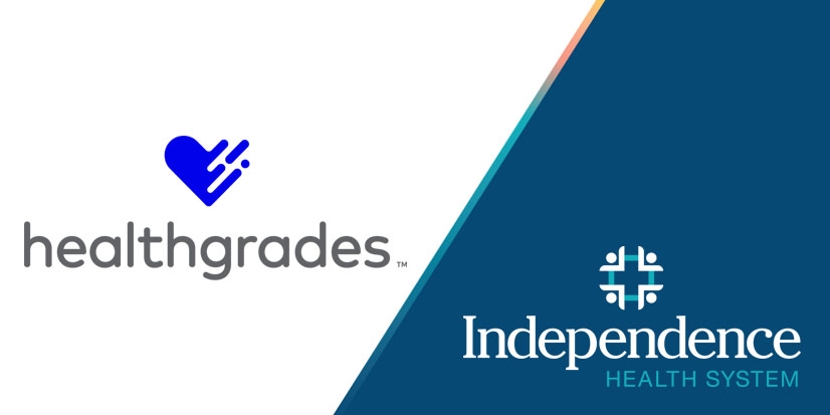COVID-19 Vaccine: Additional Dose
- Category: Blog, COVID-19 Resources
- Posted On:
- Written By: Carol Fox, MD, FAAFP

Recently, the US Food and Drug Administration authorized third doses of both the Pfizer/BioNTech or Moderna coronavirus vaccines for certain immunocompromised people. Here are some of the most common questions regarding the third dose.
Q: Who is eligible to get the additional dose?
A: The additional vaccine should be considered for people with moderate to severe immune compromise due to a medical condition, or those who use immunosuppressive medications or treatments. This includes:
- Those being treated for cancer
- Received an organ transplant and are on anti-rejection medications
- Received a stem cell transplant and are on anti-rejection medications within the past 2 years
- Moderate or severe primary immune deficiency syndromes (such as Wiscott-Aldrich or DiGeorge syndromes)
- Advanced or untreated HIV
- Active treatment with high dose steroids (equivalent to > 20mg of prednisone daily) or other immunosuppressive agents
The determination of moderate to severe immunocompromise is best made by you and your physician.
Q: Why only this population? What about people in nursing homes, or those over 65?
A: Studies suggest some people with moderately to severely compromised immune systems don’t always build the same level of immunity after vaccination the way non-immunocompromised people do – and may benefit from an additional dose to make sure they have enough protection against COVID-19. The additional dose has also been shown beneficial in preventing breakthrough cases in immunocompromised people.
Q: What about booster doses for the broader population? Are there new data supporting another dose in other groups?
A: At this time, additional doses are only recommended for people with moderately to severely compromised immune systems since they may not have received adequate protection from their original vaccine series. This recommendation helps to increase the likelihood this population is protected against COVID-19, especially as the more transmissible Delta variant spreads. There is ongoing study to determine if others should receive additional doses.
Q: What is the difference between an “additional dose” and a “booster dose?”
A: An “additional dose” refers to people who are moderately to severely immunocompromised receiving an additional dose of an mRNA COVID-19 Vaccine (Pfizer-BioNTech or Moderna) at least 28 days after the completion of the initial mRNA COVID-19 vaccine series. This is because two doses may not have been sufficient to achieve adequate antibody levels.
A “booster dose” is a supplemental vaccine dose given to people when their initial adequate immune response to a primary vaccine series is likely to have waned over time. The need for and timing of a COVID-19 booster dose has not been firmly established. CDC and FDA continue to review evidence and data as it is available about whether or when booster doses for the broader U.S. public may be needed, and will update guidance as more information becomes available.
Q: Do people need to show a doctor’s note/prescription or other documentation to get a third dose?
A: Immunocompromised individuals should discuss with their health care provider whether getting an additional dose is appropriate for them. Individuals can self-attest and receive the additional dose wherever vaccines are offered. No physician note/prescription is needed.
Q: How long after completion of the initial vaccine series are you recommending the additional dose?
A: The recommendation is for the additional dose of an mRNA COVID-19 vaccine be administered at least 28 days after completing the initial two-dose mRNA COVID-19 vaccine series (such as for Pfizer-BioNTech and Moderna). The exact timing can be determined in consultation with a person’s health care provider to optimize both immunosuppressive treatments, as well response to vaccination.
Q: Can you mix and match the brand of mRNA vaccines?
A: The additional dose should be the same vaccine product as the initial two-dose mRNA COVID-19 vaccine series (Pfizer-BioNTech or Moderna). If the mRNA COVID-19 vaccine product given for the first two doses is not available, the other mRNA COVID-19 vaccine product may be administered. A person should not receive more than three mRNA COVID-19 vaccine doses.
If you have questions about the vaccine or your eligibility for the third dose, please contact your health care provider.
To schedule your COVID-19 vaccine appointment, click here.

![]()
![]()
![]()
Dr. Carol Fox, Chief Medical Officer

